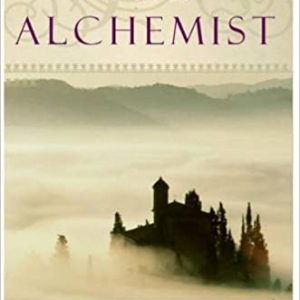Description
Author Biography
Viktor Frankl (1905-1997) is one of the most prominent references in psychology of the 20th century. PhD in Medicine and Philosophy from the University of Vienna, he founded logotherapy, also called the Third Viennese School of Psychotherapy. In 1942, at the height of the Nazis, he and his family were taken prisoner and interned in concentration camps. It was precisely this experience that would lead him to confirm experientially his psychological theory (developed in previous decades) based on the meaning of life and with existentialist roots. After surviving the Holocaust, he was Professor of Neurology and Psychiatry at the University of Vienna and obtained the Chair of Logotherapy at the International University of San Diego, California. He gave lectures at universities around the world, 29 of which awarded him an honorary doctorate. The recipient of numerous prizes, including the Oskar Pfister Award from the American Psychiatric Association, he was an honorary member of the Austrian Academy of Sciences.




